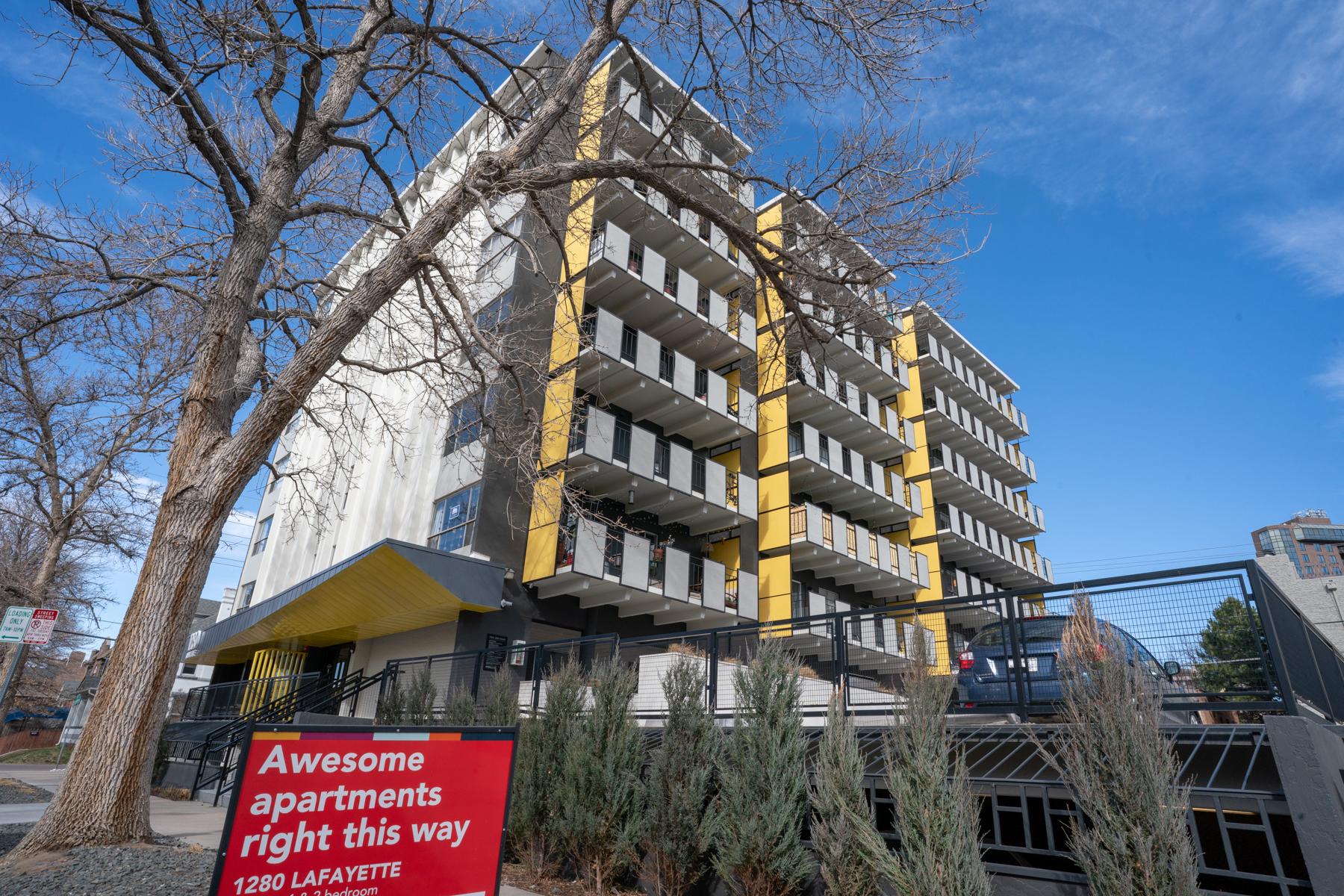
Many businesses have struggled or closed due to the pandemic. Rep. Jason Crow, a Democrat from Aurora who sits on the House Small Business Committee, said he kept hearing something over and over again from people in his district.
“We have tremendous talent and entrepreneurs in our community,” Crow said people would tell him. “They just face barriers that other people don't to growing those businesses.”
The question of how to reduce those barriers brought Crow together with Democratic Sen. Chris Coons of Delaware and two Republicans, Rep. Troy Balderson of Ohio and Sen. Tim Scott of South Carolina. The four hope a little competition may help revive main streets and spur on a new generation of entrepreneurs.
To that end, they are the primary sponsors of the Next Generation Entrepreneurship Corps Act.
This nationwide competition is a competitive fellowship. A selection committee would choose 320 entrepreneurs every year for the next 6 years with the goal of getting a business up and running. It would provide health care or student loan support, even a stipend, while the entrepreneurs work with mentors to hone their business plan or their pitch to investors.
It’s about making it as “easy as possible for these entrepreneurs, that work really hard and have great ideas, to grow their businesses in our community,” Crow said.
Historically, Coons said young people and non-white communities have had difficulty getting access “to markets, to mentorship, and to capital.”
And it’s not just age or background, it could be where you live. Business resources tend to be concentrated in certain areas, like Silicon Valley or the Research Triangle in North Carolina.
“The skills required to be successful entrepreneurs are evenly distributed in our country,” Coons explained, “but the access to opportunity, to mentorship by experienced entrepreneurs and to the capital you need to get launched are not widely distributed.”
It’s about helping people with great ideas get their foot in the door whether they’re in Hinsdale County or Denver.
For Scott, the concept is simple “promoting and encouraging more folks” to take the entrepreneurial leap. Key to that leap is having the right support — through mentorship.
Mentors are “people who have that been there, done that experience,” said Bridget Weston, CEO of SCORE, a nationwide volunteer business mentoring network. “It helps the entrepreneur to avoid pitfalls and set them up for the greatest chance of success.”
She adds that the competitive nature of the bill demonstrates right at the start how much drive and passion a person has for their business idea. “Those who do, then, get access to the funds are committed. And they have that ‘skin in the game.’ So, that is something that I believe helps, generally, to make sure there will be the best outcome.”
Of the entrepreneurs SCORE mentors worked with in 2020, 89 percent stayed in business, even with the pandemic.
The bill isn’t setting out to reinvent the wheel. It will work with programs like SCORE and the SBA’s Small Business Development Centers, both of which have offices in Colorado.
Ultimately, what the sponsors of the Next Generation Entrepreneurship Corps Act want is for businesses that come out of this competition to make it.
Republican Tim Scott, a former business owner himself, said it’s about providing people with entrepreneurial dreams a leg up, so they don't become just another statistic.
“Eighty percent of small businesses fail in the first five years. The more options we put out there the better off — hopefully — the success stories will be,” he explained.
The price tag for the bill is $330 million. The big question is what kind of appetite will there be in Congress to spend this much. The bill's sponsors point out that the strong bipartisan start in both chambers helps, especially in the Senate where bills may have to pass a 60-vote threshold.
Scott, who has championed opportunity zones, added he knows the impact thriving small businesses can have on overlooked communities.
Looking back on how tough this past year has been for small businesses from urban to rural areas, Crow said they already know one group of small business owners who might benefit. “It prioritizes business owners and entrepreneurs who may have lost their businesses in the past year because of the pandemic,” he said.
Many of these people already have an idea and know the basics of running a business.
What they need is a second chance, preferably in a non-pandemic year. As for cost, Crow argued this program could pay for itself over time. After all, as businesses grow and create jobs, so grows the economy.









